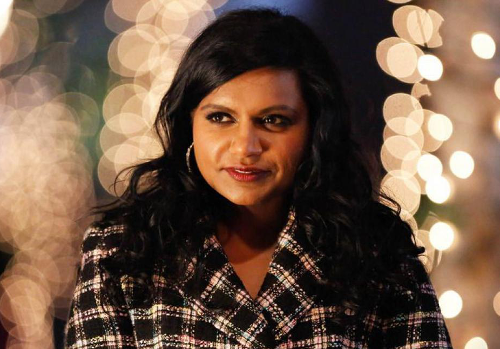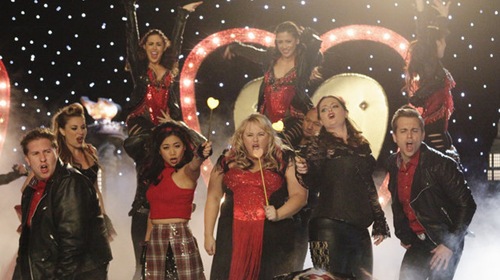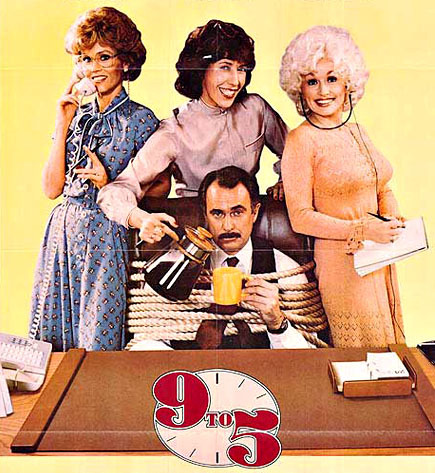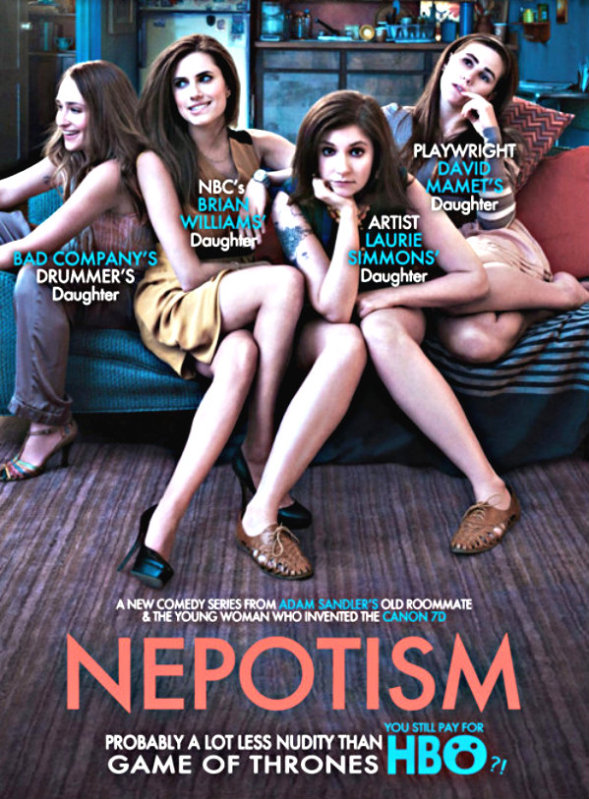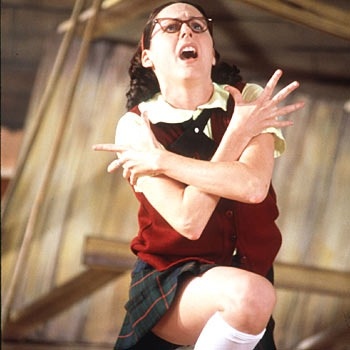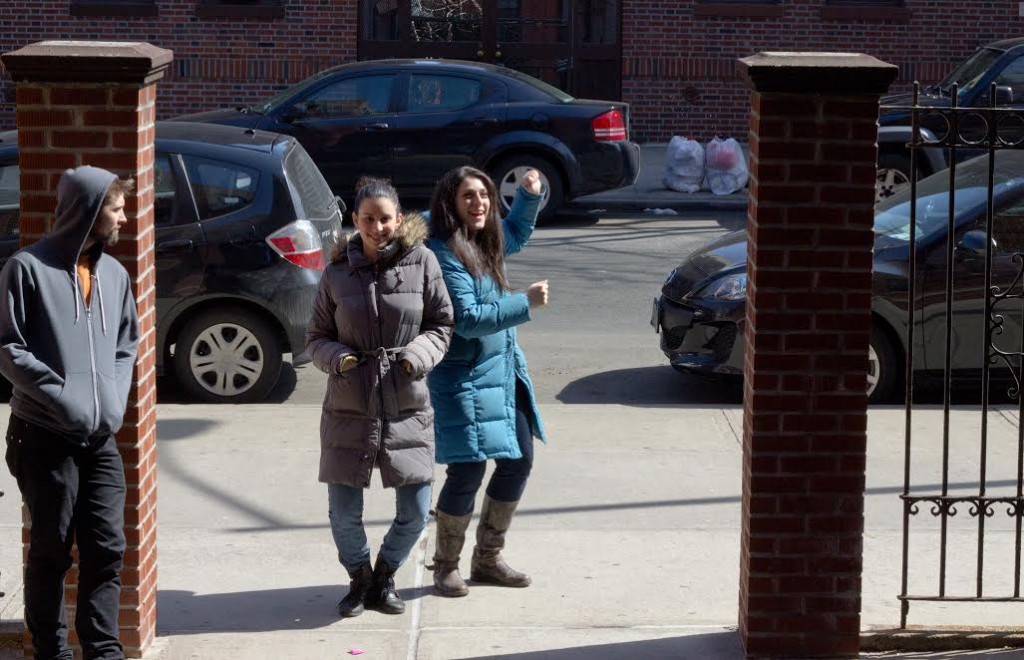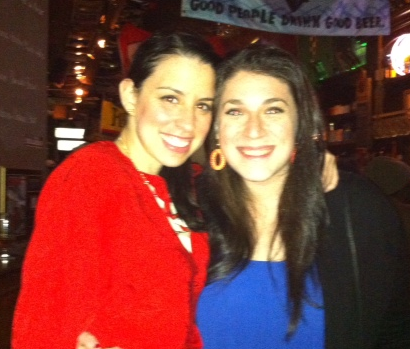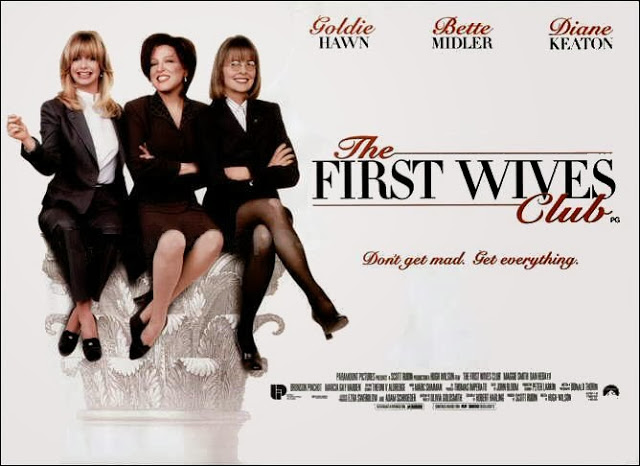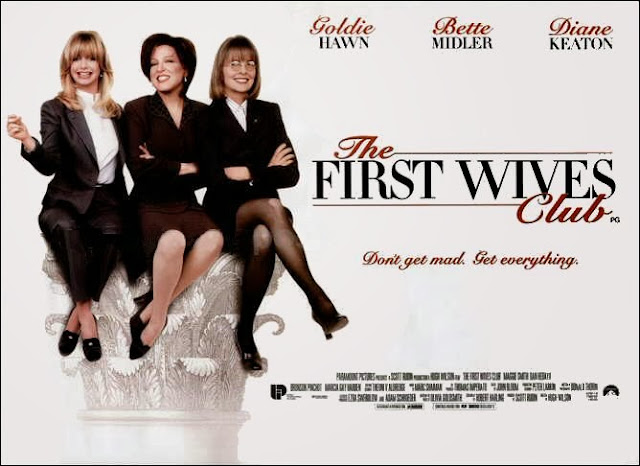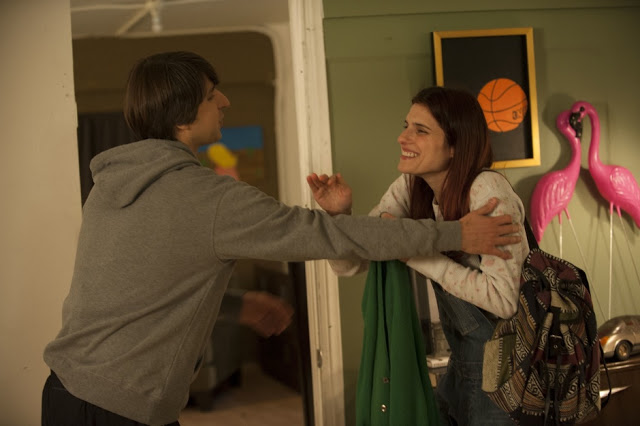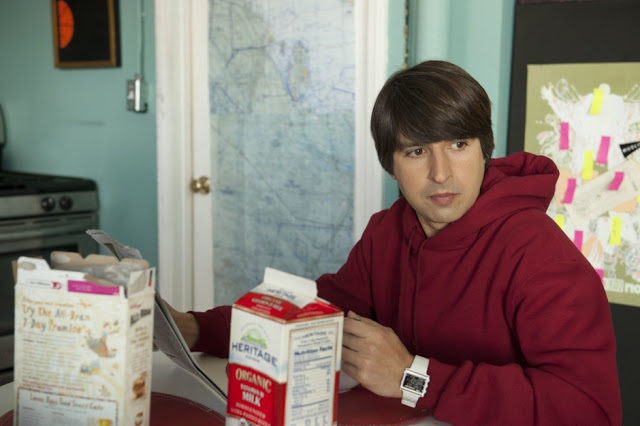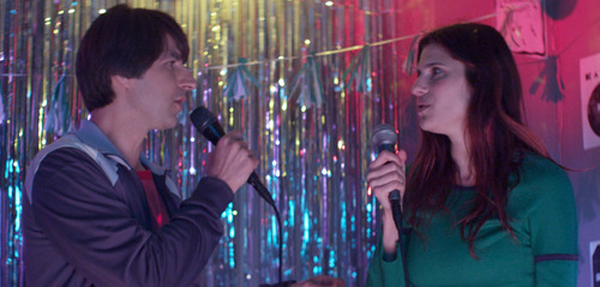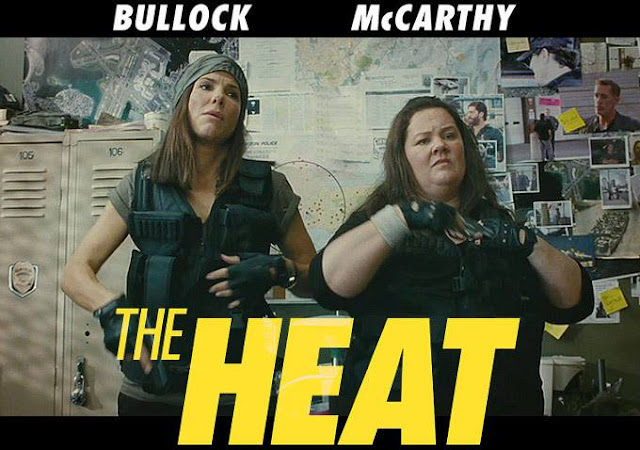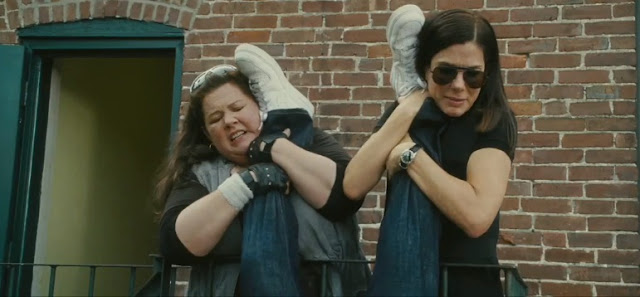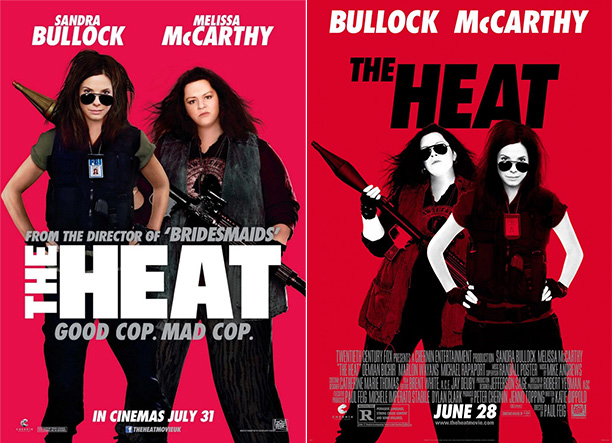
My relationship with The Mindy Project is as complicated as its protagonist’s average romance. All feminism and politics aside, I’m ambivalent regarding its actual quality as a television show. Every episode makes me laugh out loud, but the structure and pacing can be, well… there’s an obvious reason this show abandoned its working title of It’s Messy.
Some of the characters are extremely appealing (Dr. Lahiri herself, of course; Danny Castallano, who taps into something deeply imprinted on me from years of living in the Good Ol’ Italian Boy thicket of North Jersey; Morgan, the sweet-hearted human non sequitor).

And then there is everyone else, who are bland at best (Ed Weeks’s Jeremy), irritating at worst (Adam Pally’s Peter), and universally pointless and without a clear place in the show, contributing to an overall disjointedness that has barely smoothed out over the course of two full seasons. Despite their fuzzy and unsuccessful characterization, Jeremy and Peter still get plenty of screen time and dialogue.
Contrast the small and dwindling number of female supporting characters on the show, who are strictly on the sidelines. Mindy’s best friend Gwen (Anna Camp) was originally meant to be a main character, but was quickly edged out and forgotten, ultimately appearing in only 13 episodes. Nurse Beverly (Beth Grant) gets a lot of laughs, but compare her screen time to Morgan’s, who fits essentially the same role (bizarre nurse). Betsy (Zoe Jarman) might seem like a one-note “gasp!” character, but think about how far Community took Annie Edison? And then there’s Tamra (Xosha Roquemore), the only other woman of color on the series, who is a pro forma sassy Black woman straight out of an ABC sitcom circa 1992. Gwen might not have fit within the workplace setting of the show, but there have been opportunities to add other main female characters: Dr. Lahiri is the only woman doctor to have practiced with Shulman and Associates, even though we’ve seen at least six doctors work there, mostly young, and women make up 75 percent of current OB/GYN residents.

Which pulls me back to my EVEN MORE COMPLICATED feminist feelings about this show. I admire Mindy Kaling as an extremely funny and talented actress and writer, and love her as a relatable celeb persona (I’m writing this piece in bed! Mindy Kaling writes episodes of TV in bed, as per her memoir! Stars: they’re just like us!). I respect how far she’s come as a woman of color in television and in comedy, two playgrounds full of white dudes hogging all the shovels in the sandbox.

But Mindy Kaling is one of those people who finds a secret passageway through the glass ceiling and then just holds up a sign that says, “sorry, suckers!” to the people left on the other side. Her initial writing staff had only one other woman on it, and only four women other than Kaling have earned writing credits on the show. When asked about the lack of diversity on her show at SXSW last March, she answered:
I look at shows on TV, and this is going to just seem defensive, but I’m just gonna say it: I’m a fucking Indian woman who has her own fucking network television show, OK? I have four series regulars that are women on my show, and no one asks any of the shows I adore — and I won’t name them because they’re my friends — why no leads on their shows are women or of color, and I’m the one that gets lobbied about these things. And I’ll answer them, I will. But I know what’s going on here. It is a little insulting because, I’m like, God, what can I — oh, I’m sitting in it. I have 75 percent of the lines on the show. And I’m like, oh wait, it’s not like I’m running a country, I’m not a political figure. I’m someone who’s writing a show and I want to use funny people. And it feels like it diminishes the incredibly funny women who do come on my show… I don’t know, it’s a little frustrating.
Kaling is right that she’s held to a double standard. All showrunners should be made to answer for the lack of diversity on their shows and in their writing staff. Mindy Kaling should get asked more questions about her art, and not her symbolic importance. But her answer here is a cop-out that perpetuates that system of unfairness. “I want to use funny people” is the same bullshit justification used to give countless white dudes jobs over other women and people over color. Hearing it from someone on “our side” is incredibly disheartening.
Anyway, sheesh, I’ve already spilt 700 words on my complicated feelings about The Mindy Project, without even delving into such issues as that time it depicted a woman raping a dude as NBD. What I INTENDED to focus on here was one of the specific things I love about The Mindy Project that helps make up for all this stuff in the minus column, and that is Mindy Lahiri’s body image.

Mindy Lahiri knows she’s hot, she’s comfortable saying it (“bet you didn’t think with this bod that I had brains too, and pretty good boobs”), and she takes it as a given that others generally agree. When Mindy slaps a stranger in a case of mistaken identity, she regrets it not because he was innocent, but because he’s a European immigrant, and “he’s gonna go back to his country and say ‘In America, hot girls can do whatever they want.’ That’s a bad message, Danny!”

The importance of Mindy categorizing herself as a “hot girl” is that it means all the times she says her ass won’t quit isn’t just her blowing smoke to cover up her insecurity over her body. Furthermore, the other characters on the show generally DO agree. There have been a few gross jabs at Mindy for her weight, especially in the earlier episodes (Danny tells her in the pilot she should lose 15 pounds if she wants to look nice on a date, and in a later episode gives her the side eye when she [falsely] claims to do the elliptical four times a week), but there have been a parade of hot dudes (including Danny, the Ross to her Rachel!) who want “up in them guts.” In the same episode Mindy declares, “I’m a hot, smart woman with an ass that doesn’t quit,” Morgan describes her as “The Indian doctor whose ass won’t quit?” It’s not a joke that Mindy thinks she’s hot, even if some of the ways she expresses that belief are funny.

Mindy Lahiri isn’t entirely devoid of body insecurity, though. She insists she’s chubby and NOT “overweight.” She has developed a series of “illusions and tricks” to have sex without her partner seeing her naked. She goes through diet and exercise phases to lose weight because she’s “sick of being the person with a good personality.” Which is why Mindy’s body confidence reminds me of selfies, and how they’re simultaneously derided for being an expression of insecurity (what are you trying to hide with that lo-fi filter?) and overconfidence (why do you think we care to see your face again, even if you’ve perfectly executed the cat-eye look?). The truth about being a woman in the patriarchy is that regardless of your closeness to the impossible ideal, you’ll probably feel hot as eff some of the time, completely hideous other times. The Mindy Project captures that perfectly.
Unfortunately, because all the other women on the show are such minor characters, this message all rests on one character and one body: Mindy’s. And one woman who isn’t a skinny white chick is still just one woman.
Robin Hitchcock is an American writer living in Cape Town.
